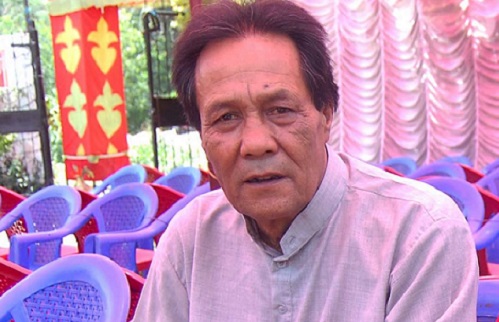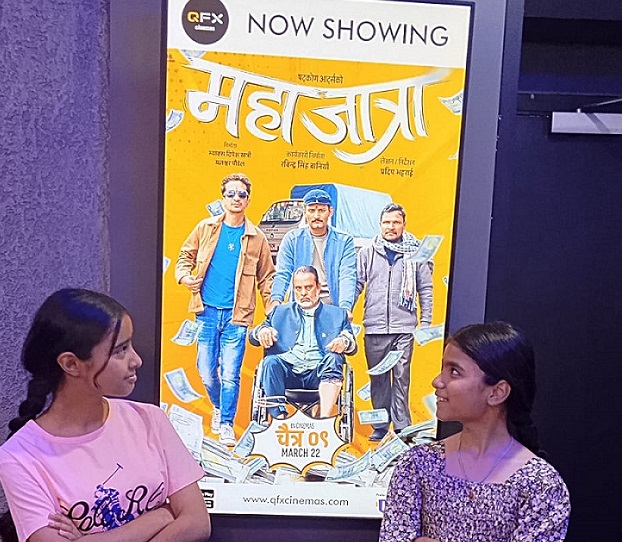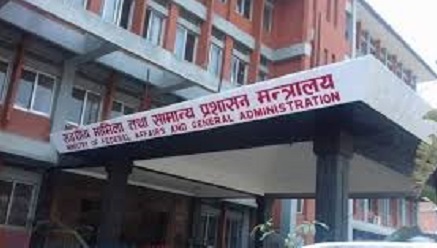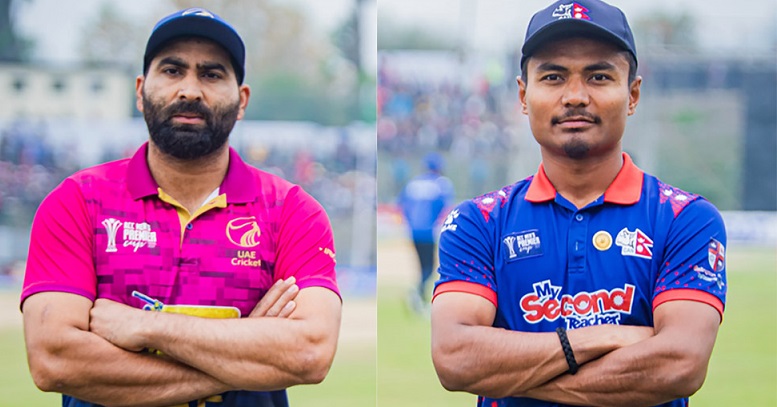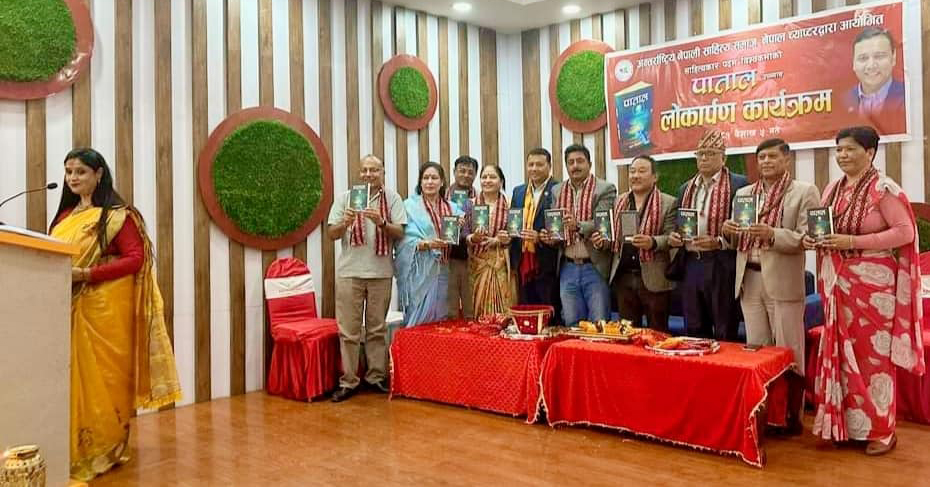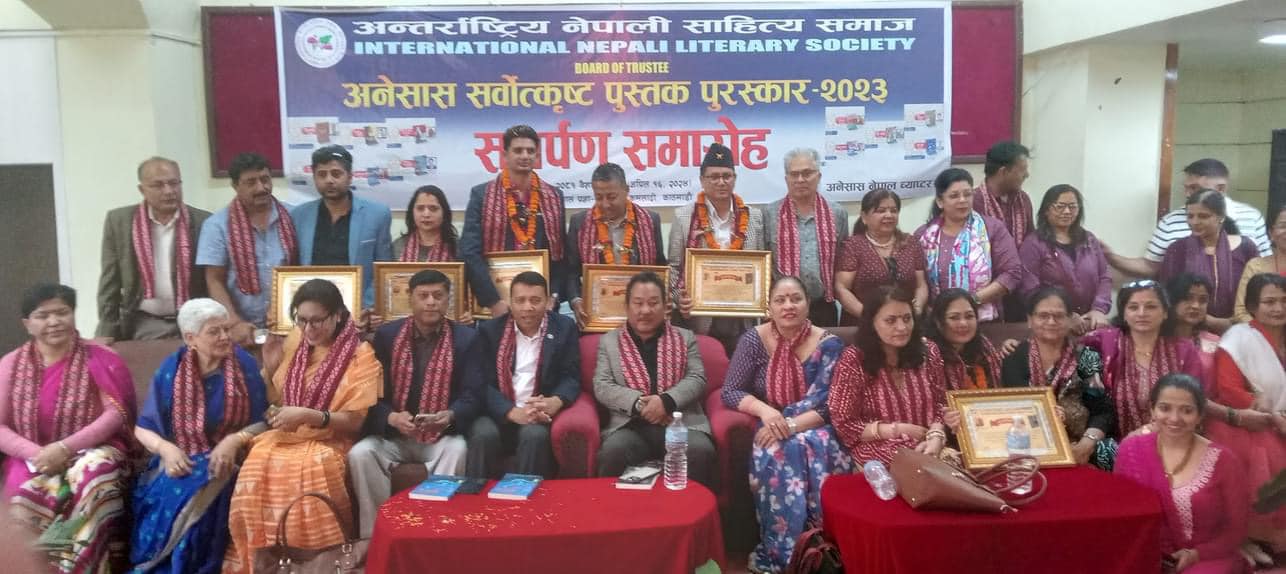Kathmandu, Dec 18: The National Planning Commission (NPC) has prepared a report to construct the Budhigandaki Hydropower Project with the investment of domestic capital.
Earlier, the Council of Ministers had formed a committee led by NPC’s Vice Chairman Dr Swarnim Wagle to prepare a report on the development of national pride project Budhigandaki Hydropower. Secretaries at the Ministry of Energy, Finance and Law, Governor of the Nepal Rastra Bank and Executive Director of Nepal Electricity Authority (NEA) were the members of the committee.
On Monday, the team submitted a 50-page long report to Deputy Prime Minister and Minister for Energy Kamal Thapa concluding that the 1,200-megawatt project can be developed with domestic capital.
Based on the G2G model, the Pushpa Kamal Dahal-led government had awarded the development of the project to a Chinese company. However, the subsequent government scrapped the agreement by deciding to build the project with own investment.
The total cost of the project is estimated at Rs 270 billion. For the construction of the project, the committee said that Nepal can collect Rs 164 billion in a decade from the infrastructure tax charged in the petroleum products.
Likewise, the committee has suggested that Employees’ Provident Fund, Citizen Investment Trust, Rastriya Beema Corporation, Hydropower Investment, and Development Company, Nepal Telecom and welfare funds of the Nepalese Army and Nepal Police can be utilized for the development of the project in Nepal’s own investment.
Wagle said that the general people and the non-banking financial institutions too can be lured for their investments for the Budhigandaki project.
The committee has said that carbon tax imposed on imports of petroleum products could reach as high as Rs 160 billion while the Nepal Electricity Authority can invest minimum Rs 10 billion and maximum Rs 20 billion while Fund and Trust are supposed to invest Rs 50 billion and RS 40 billion respectively based on their potential.
Likewise, the committee has kept open to the provision of accepting the unconditional line of credit from different multinational development agencies.


